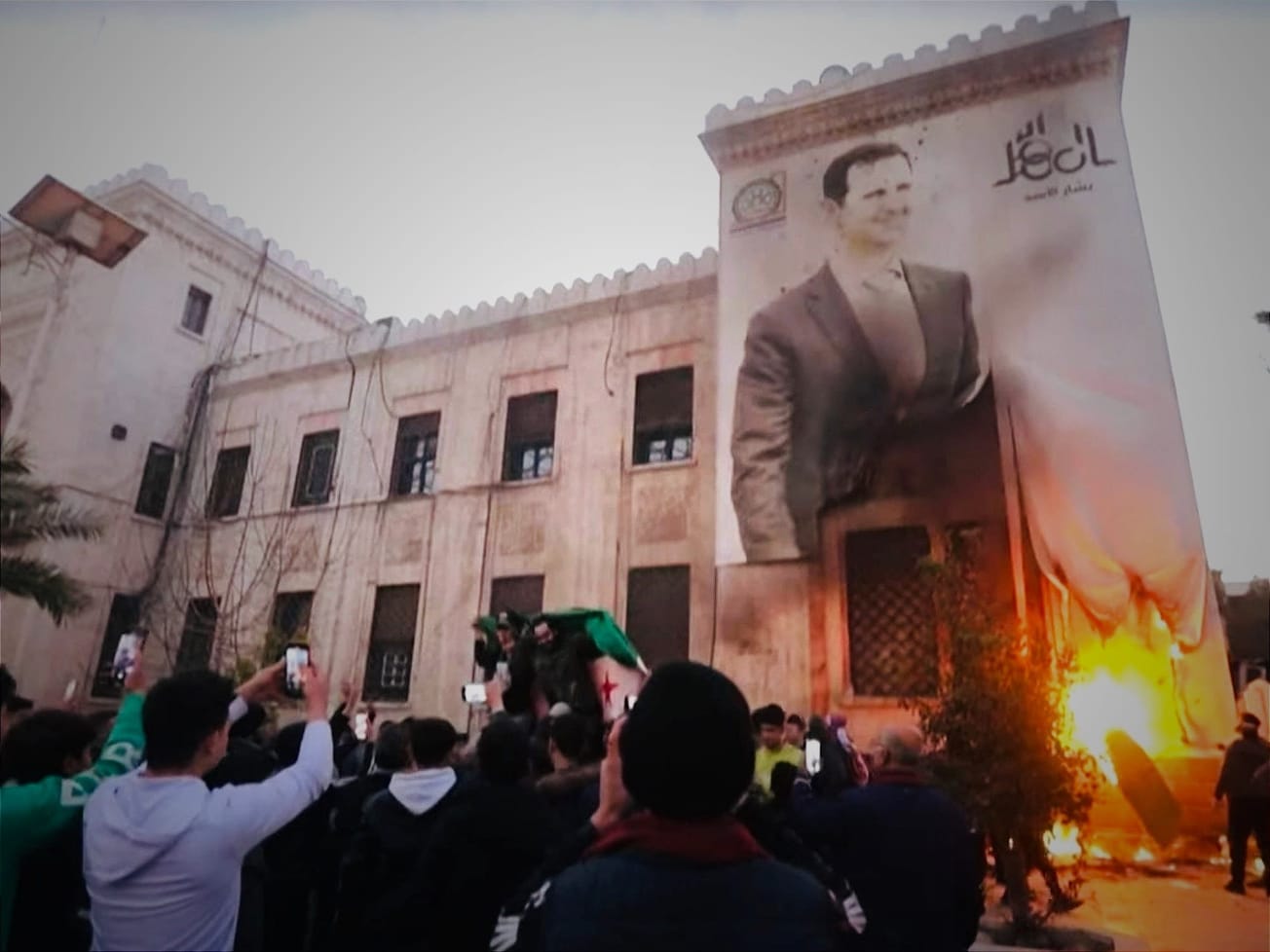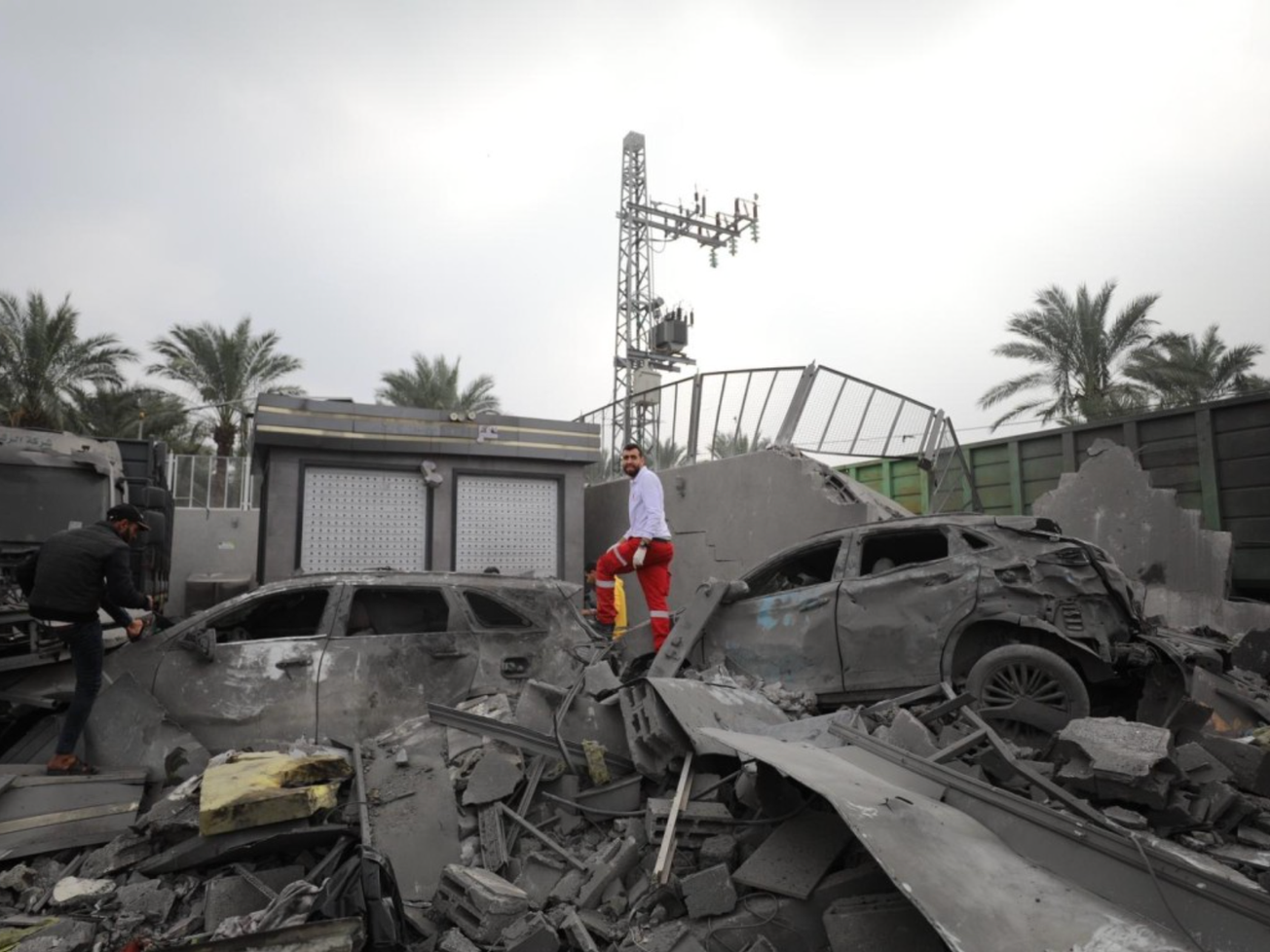U.N. officials warned of the need for civilian protections as Syrian rebels announced the "liberation" of Damascus on state television, ending President Bashar Assad's regime and his family's half-century of rule.
Assad's almost 14-year battle to hold onto his family's dynasty, spawning a horrific civil war and the world's largest refugee crisis, ended with his flight from the country on Sunday as rebels stormed the capital.









